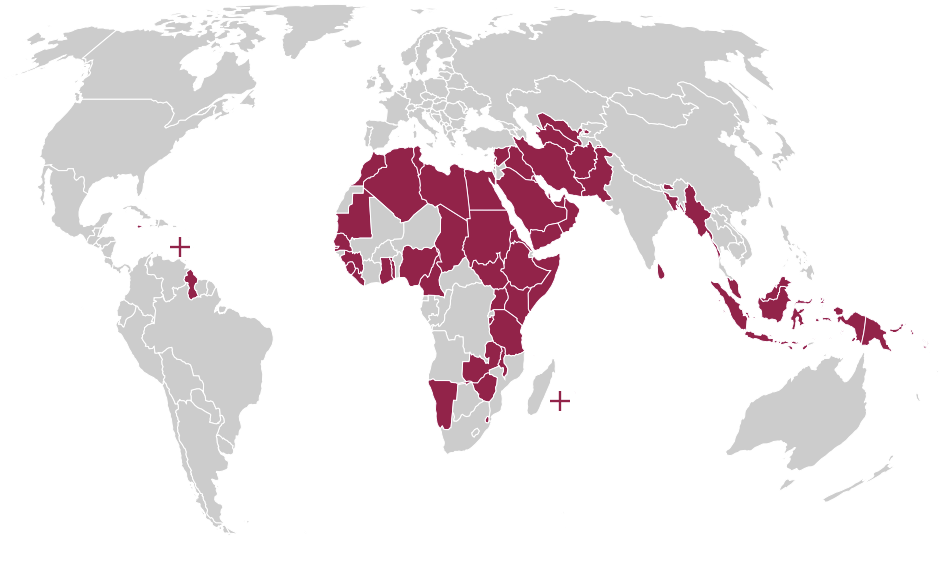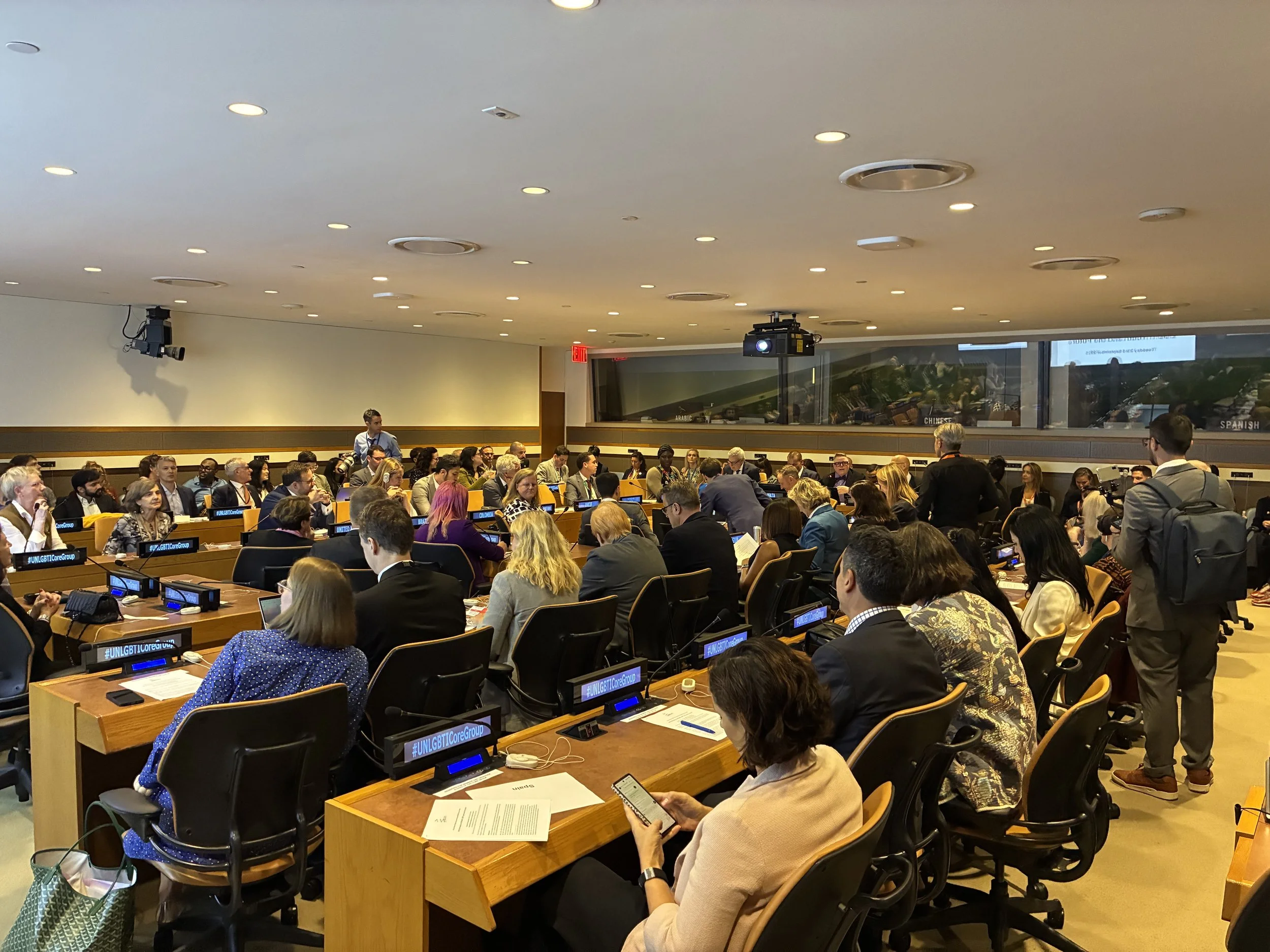UN at 80: Advancing Refuge and Rights for LGBTQI Displaced People
A Report from Refuge America on LGBTQI Refugees.
This September, Refuge America joined global leaders and civil society partners at the United Nations in New York to mark the 80th anniversary of the UN. For eight decades, the UN has stood as a symbol of peace, human rights, and dignity. But as we witnessed in this year’s high-level meetings, the promise of refuge remains fragile, especially for LGBTQI people fleeing persecution.
Throughout the discussions, one message was clear: the global refugee system is under strain, and marginalized voices, particularly LGBTQI voices, are still too often missing from the conversation.
At Refuge America, we brought that perspective to the table. We reminded leaders that:
In much of the world, LGBTQI people continue to face criminalization, violence, and exclusion. As of 2025, approximately 64 countries criminalize consensual same-sex relations between adults, with 12 of these nations imposing the death penalty for such acts. These laws are most prevalent in regions such as the Middle East, Sub-Saharan Africa, and parts of Asia.
These laws are most prevalent in regions such as the Middle East, Sub-Saharan Africa, and parts of Asia.
2. Even in host countries, legal protections are uneven, leaving many in unsafe limbo. The United States is not a recognized host country but a resettlement country. Below is a list of the top ten host countries. In terms of refugees per 1,000 people, the United States ranks very low, almost nonexistent, despite public narratives about being “overrun” by migrants.
Refugees by destination per 1,000 people, 2023
Cross-border refugees by the country they live in, per 1,000 people in that country. This includes all refugees living in the country, not just new arrivals.
Data source: UNHCR (2024); Population based on various sources (2024)
Host country = the country where a refugee first finds safety (which may be temporary or precarious). For example, a Congolese refugee who crosses into Uganda would consider Uganda their host country. Refugees often live in camps or urban areas there, sometimes for years, while awaiting resettlement.
This is different from a resettlement country, which refers to the country where a refugee is permanently relocated through an international process. For example, a Congolese refugee who crosses into Uganda and receives support from UNHCR to be resettled in the United States—here, the United States is the resettlement country.
3. Refuge must not depend on shifting politics but be guaranteed as a permanent human right. Our call was simple: redesign the refugee response with resilience at its core. Safety cannot be a temporary program or political experiment. It must be embedded in durable infrastructure: housing, legal aid, healthcare, and strong communities of welcome.
The UN LGBTI Core Group, which convened during High-Level Week, is an important step toward centering LGBTQI people in global policy. But we pressed for more: clear pathways for those forced to flee, protections insulated from political cycles, and investment in long-term support that outlasts headlines.
Looking ahead to 2025 and beyond, Refuge America will continue to:
• Expand community sponsorship for LGBTQI newcomers.
• Mobilize partners through storytelling and advocacy that put refugee voices at the center.
• Build a stronger infrastructure of welcome in the United States so asylum seekers can rebuild with dignity.
As the UN turns 80, we recommit to making refuge permanent. Safety delayed is justice denied. Refuge delayed is refuge denied.
With your partnership, Refuge America will keep pushing for a future where every displaced LGBTQI person knows that their right to safety is universal, enduring, and non-negotiable.
Join us in standing with LGBTQI refugees. Your support ensures safety, dignity, and hope for those fleeing persecution. Donate, advocate, and raise your voice—LGBTQI refugees need you, and we at Refuge America need you too, to make our vision of a more welcoming country a reality.



